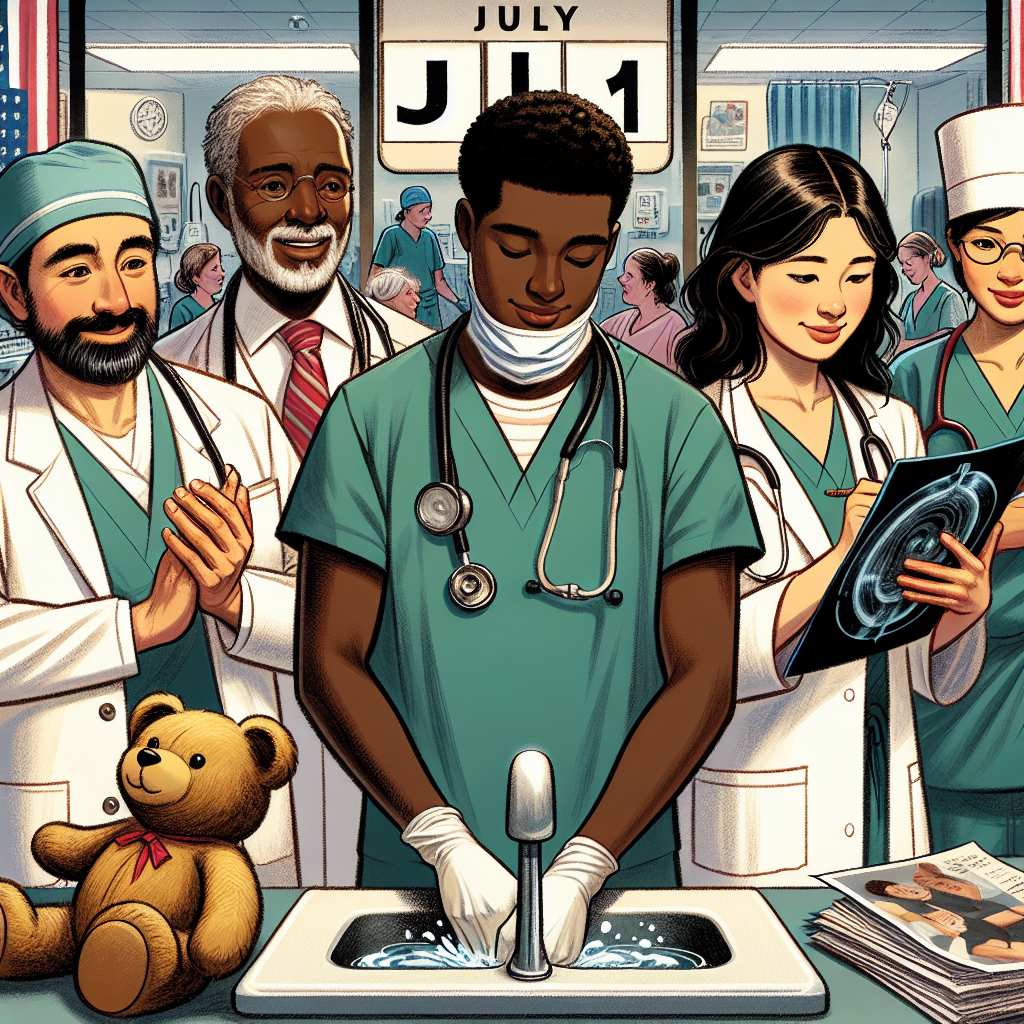WHO Enlists Angolan Influencers to Fight Cholera, Expand Digital Health Push
WHO’s ground teams have been working tirelessly with local health workers to distribute rehydration solutions, establish treatment centers, and educate communities.

- Country:
- Angola
In a bold move to curb the spread of cholera and counter online misinformation, the World Health Organization (WHO) in Angola has turned to an unconventional yet powerful ally: digital influencers. Amid a deadly cholera outbreak that has gripped the country since January 2025—resulting in 27,609 confirmed cases and 769 deaths across 18 provinces—the WHO launched a dynamic digital campaign aimed at reaching the most connected and information-vulnerable segment of the population: the youth.
A Digital Shift in Disease Prevention Strategy
Recognizing that traditional public health campaigns often struggle to engage younger audiences, WHO Angola launched “Together Against Cholera”, a social media-focused public health initiative that ran from May 15 to July 22, 2025. The campaign enlisted six well-known Angolan influencers—including health professionals and content creators—to produce and share engaging, life-saving messages about cholera prevention.
The influencer team featured:
-
Dr. Aurea de Carvalho, a medical professional with credibility among health-focused audiences
-
Carla Morais, a lifestyle influencer with a wide digital reach
-
Xofela, known for her humor and youth-focused content
-
Leocádia Tamara, a community advocate
-
Maria Correia, a social media personality
-
Stela de Carvalho, a popular television presenter
Together, they created and distributed six short educational videos across platforms such as Facebook, Instagram, and TikTok. The videos covered topics such as hand hygiene, water sanitation, safe food practices, early symptoms of cholera, and the importance of seeking medical care.
Measurable Impact and Community Response
The campaign saw strong engagement, with the six videos collectively reaching over 600,000 views. According to WHO's digital media analytics:
-
Each post averaged 3,353 likes
-
Posts were shared over 100 times each
-
Users posted more than 70 comments per video
-
Cumulatively, the campaign generated over 20,000 interactions
These numbers are particularly significant given Angola’s limited digital penetration in rural areas, suggesting that the campaign effectively mobilized urban and semi-urban communities, where social media consumption is higher and misinformation often spreads unchecked.
Influencers as Agents of Change
The campaign’s success highlights the growing relevance of influencer-led health messaging. Television host Stela de Carvalho, who participated in the initiative, described her role as deeply personal and impactful.
“Participating in this campaign was a way to use my voice to save lives,” she said.
Social media personality Xofela echoed the sentiment, stressing the positive role social media can play in public good.
“Campaigns like this show that social media can be used for the common good,” she remarked.
A Response to an Alarming Cholera Surge
The urgency of the campaign was underscored by the scale of the cholera outbreak. Since January, cholera has spread to 18 of Angola’s provinces, making it one of the most severe public health emergencies in the country in recent years. The waterborne disease, driven by poor sanitation and limited access to clean water, poses the greatest threat to children and vulnerable populations.
WHO’s ground teams have been working tirelessly with local health workers to distribute rehydration solutions, establish treatment centers, and educate communities. However, as WHO Angola Communications Assistant João Carlos Domingos noted, digital misinformation continues to be a major obstacle.
“Digital has become the main channel of information for many young people, but it is also where a lot of misinformation circulates. We need to fill that space with content that saves lives,” Domingos said.
Building on Momentum: Future Digital Health Campaigns
Encouraged by the campaign’s success, WHO Angola now plans to extend its influencer strategy to other public health priorities, including:
-
Malaria prevention
-
Tuberculosis and measles awareness
-
Hepatitis prevention
-
Promotion of healthy lifestyles to address non-communicable diseases
The participating influencers have already expressed interest in continuing collaboration, positioning themselves as long-term ambassadors for public health.
This marks a strategic shift in how the WHO and health authorities engage with communities—embracing digital platforms not just as communication tools, but as essential arenas for public health intervention.
A Blueprint for Global Health Messaging?
The Angolan experience could serve as a blueprint for similar digital health campaigns in other regions, particularly in settings where young people are active online but traditional public health messaging has limited traction.
As misinformation continues to challenge health efforts globally, this campaign underscores a crucial truth: public health must evolve to meet people where they are—on their screens, in their feeds, and through the voices they trust.










